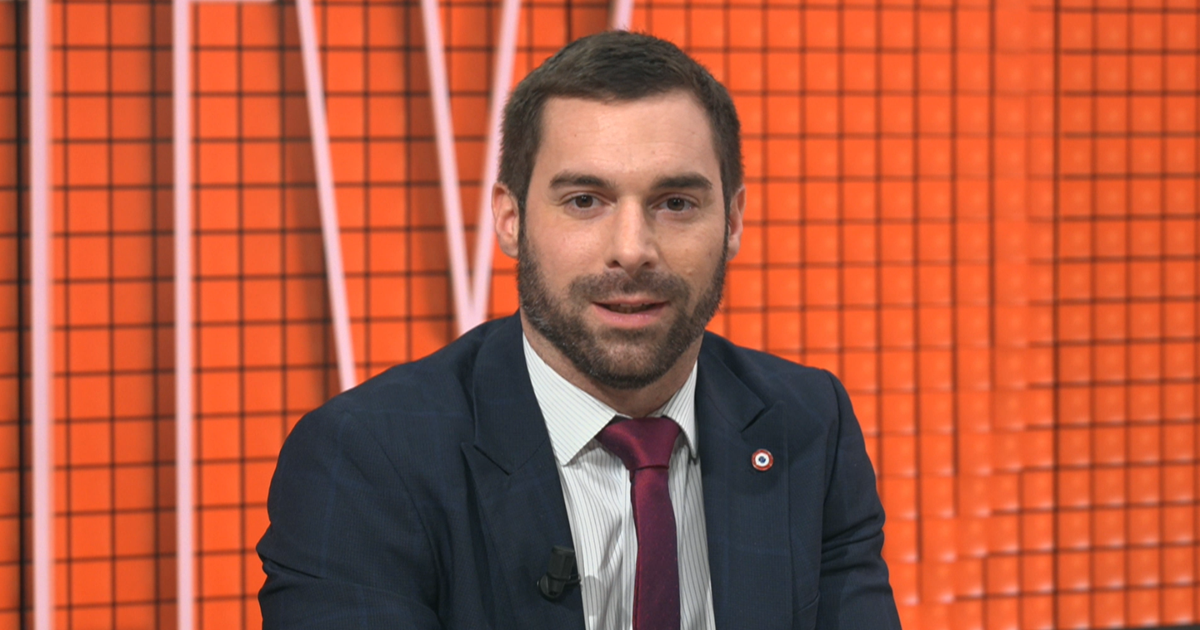Anthropologist, Fanny Parise, researcher at the University of Lausanne, recently published two books on responsible consumption (1).
LE FIGARO.
- In your books, you underline the contradictions of responsible consumption, which leads to hyperconsumption.
Fanny PARISE.
-
In people's minds, responsible consumption means consuming less but better;
in fact, it comes down to a shift in consumption practices towards products perceived as more natural.
Actions with moral credit such as sorting waste or not taking the plane are enough to relieve guilt.
It is the illusion of the negative imprint.
Is eco-responsibility therefore just a myth plagued by the collective imagination conveyed by those you call “the new savages”?
The values advocated by responsible consumption were carried by the hippie counter-culture in the 1960s and 1970s.
With the climate emergency and the economic crisis, they have turned into a new…
This article is for subscribers only.
You have 81% left to discover.
Cultivating your freedom is cultivating your curiosity.
Keep reading your article for €0.99 for the first month
I ENJOY IT
Already subscribed?
Login








